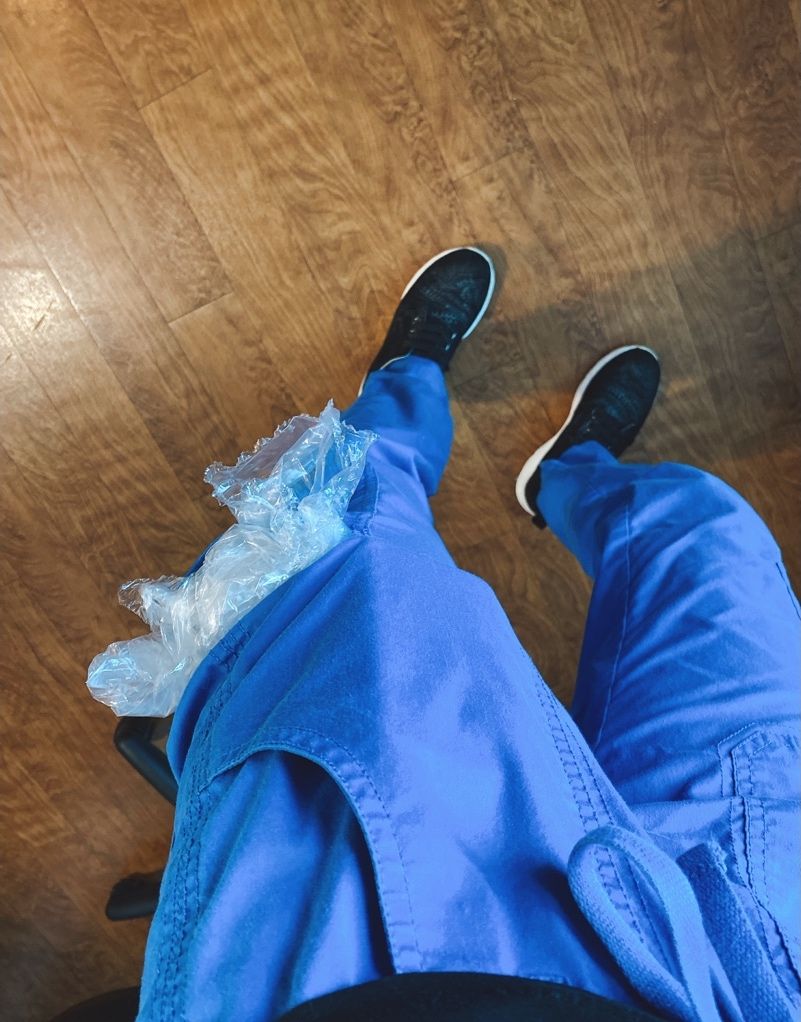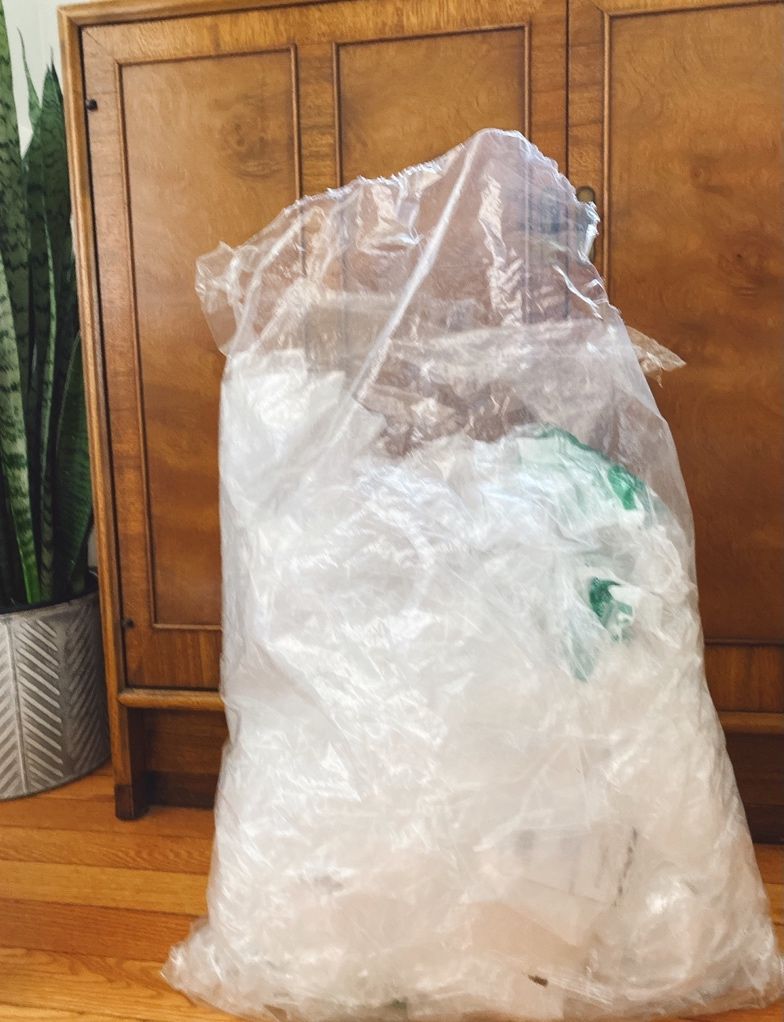Hospital Waste
Everyday in the US, hospitals are operating at full-scale to take care of those we love the most. We see hospitals as places for healing. But, what we don't see are the negative environmental and health impacts hospitals have.
Hospitals in the US generate an estimated 7,000 TONS of solid waste PER DAY (think: gloves, plastic wraps/bags, and other single-use medical tools/equipment). Additionally, approximately 29 pounds of waste are generated PER BED of a hospital in the US daily.

The healthcare industry is responsible for significant fractions of national air pollution and effects, including acid rain, smog, greenhouse gas emissions, and air pollutants. Pollution generated from health care is estimated to account for the loss of 614,000 disability-adjusted life years annually. That’s not the best, healthiest news for us.
In addition to the negative impacts on air quality and subsequent human health, hospitals throw away approximately 40% of all patient food (food that hasn’t even been touched by patients!). Food waste has its own negative environmental impacts (ie: how much energy was required to produce and store/contain the food) in addition to humanitarian impacts (1 in 9 people don’t have access to sufficient food to live a healthy life - see prior blog post for more information).
So, what can be done?
At the end of the day, we want hospitals to have lights on, hot water to clean linens and sterilize medical equipment, and use power for MRI machines and other operating tools in order to prioritize disease management and human healing, but, several processes and procedures can be optimized for both environmental and human health.

These processes and procedures include (but are not limited to):
Using renewable energy to power the hospital
Providing sufficient recycling bins within patient rooms and supply rooms
Educating staff on proper disposal of items (recycle vs. incinerator)
Starting a hospital composting program for food waste
Partnering with TerraCycle for recycling of various plastics, gloves, etc.
Purchasing as many items in bulk without individual plastic wrap as possible.
There's no better time for hospitals to focus on the future health of patients than now.
What can you do to help? If you work in healthcare, speak up to hospital management! Voice your concern and passion for the health of your current patients and future patients. If you don't work in healthcare, consider writing a letter to your local hospital addressing your concern for the health of your community, world, and future.
Featured in the pictures above: 1) what my scrub pants look like after I work with a patient - stuffed with plastic bags that could be recyled at a store-drop off or with TerraCycle. A frustration I have is when I open a canned or bottled drink for a patient, but cannot transport that in my scrubs to a recycling bin that may be floors and wings away. A recycling bin should be in each patient room or at least on each wing of the hospital. 2) a collection of single-use plastic bags that I've collected over the course of a few weeks at the hospital that will be taken to a store drop-off or TerraCycle box for recycling as my hospital does not have a plastic bag recycling program that I can find.
What about you? If you work in healthcare, does your facility incorporate use of alternative energy or recycling bins throughout the hospital? If not, do you wish they’d do more?
for the love of the world + all on it. x o, rachel
Sources:
TerraCycle and all the recycling options: https://www.terracycle.com/en-US/
https://www.statnews.com/2018/09/25/pollution-health-care-harm/
https://www.ncbi.nlm.nih.gov/pmc/articles/PMC4900601/
https://www.greenmatters.com/p/hospital-environmental-impact
